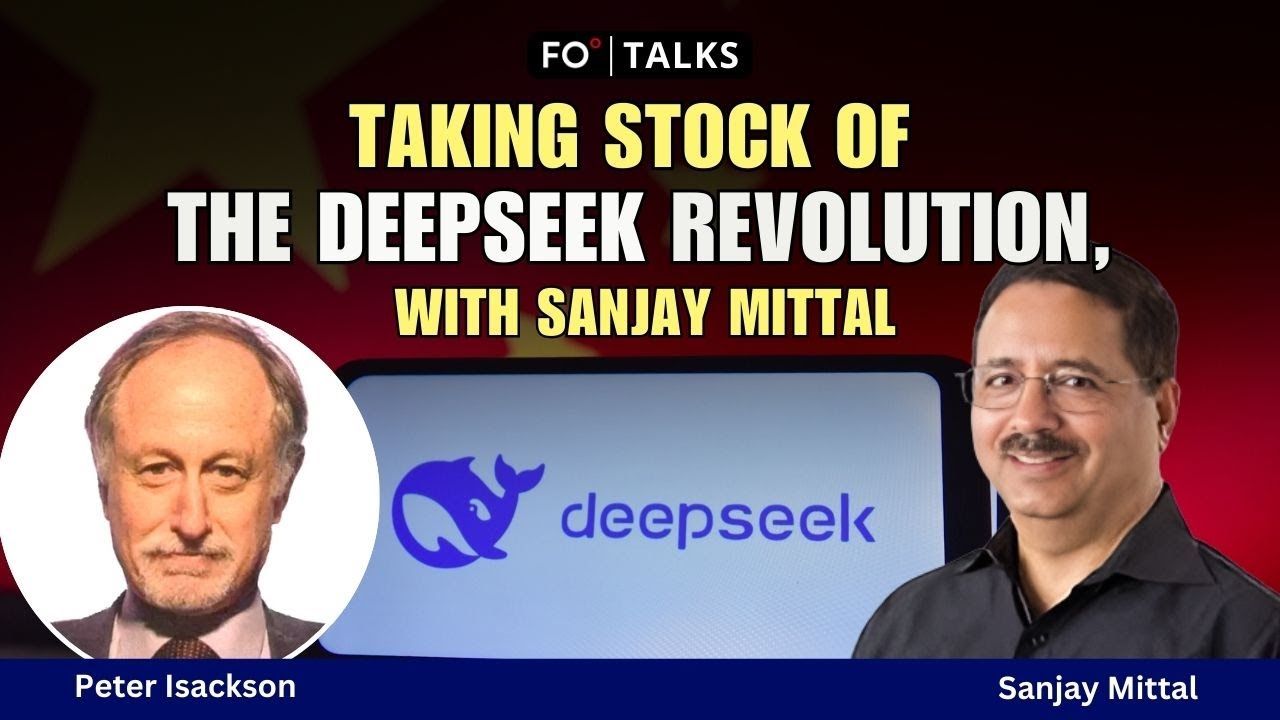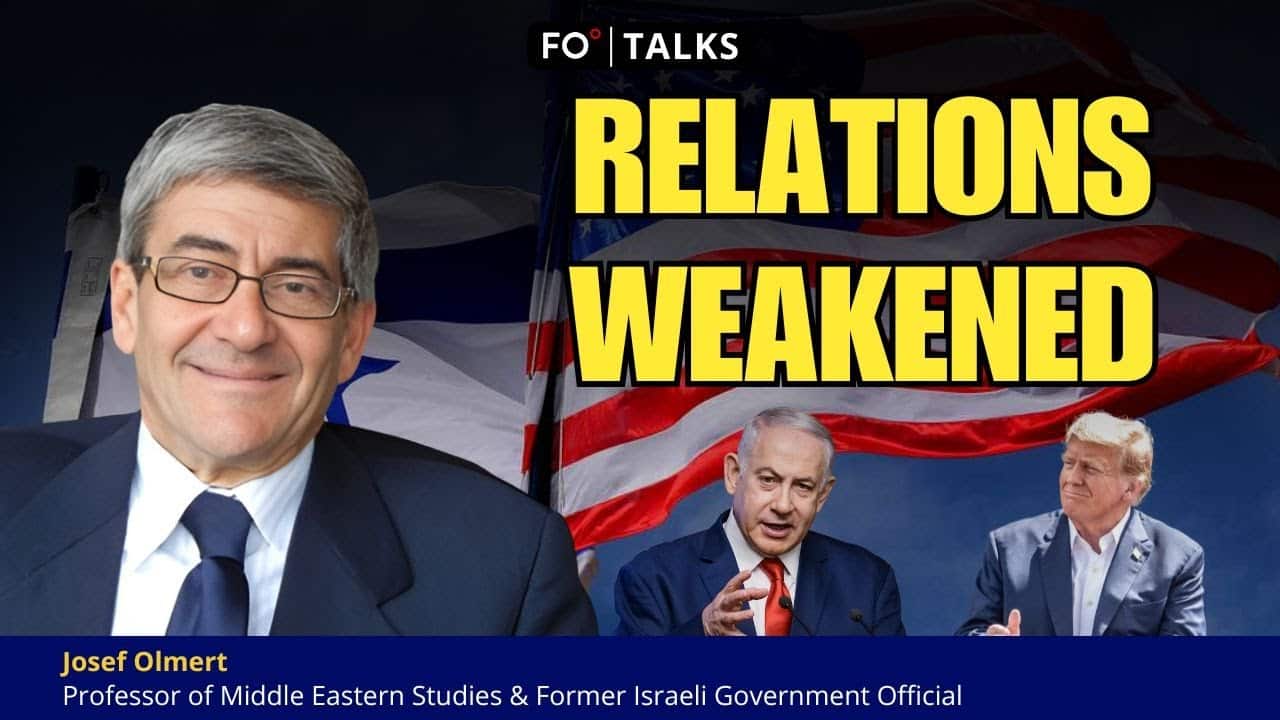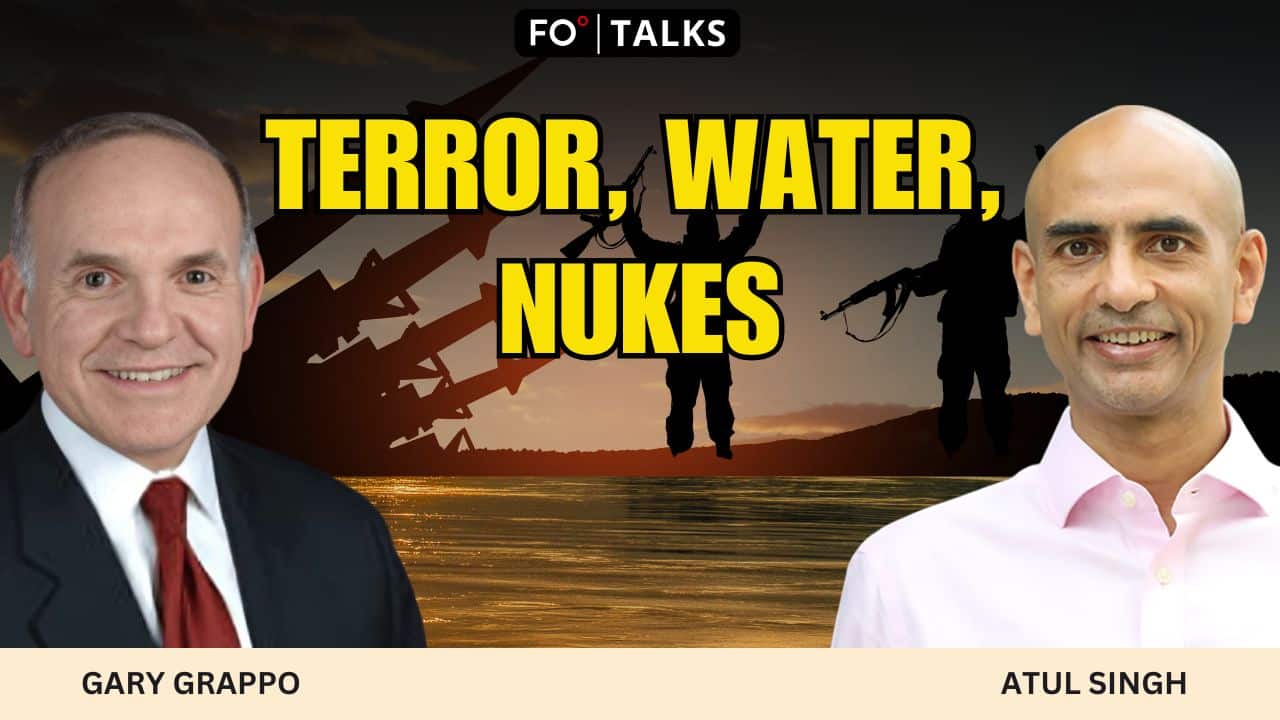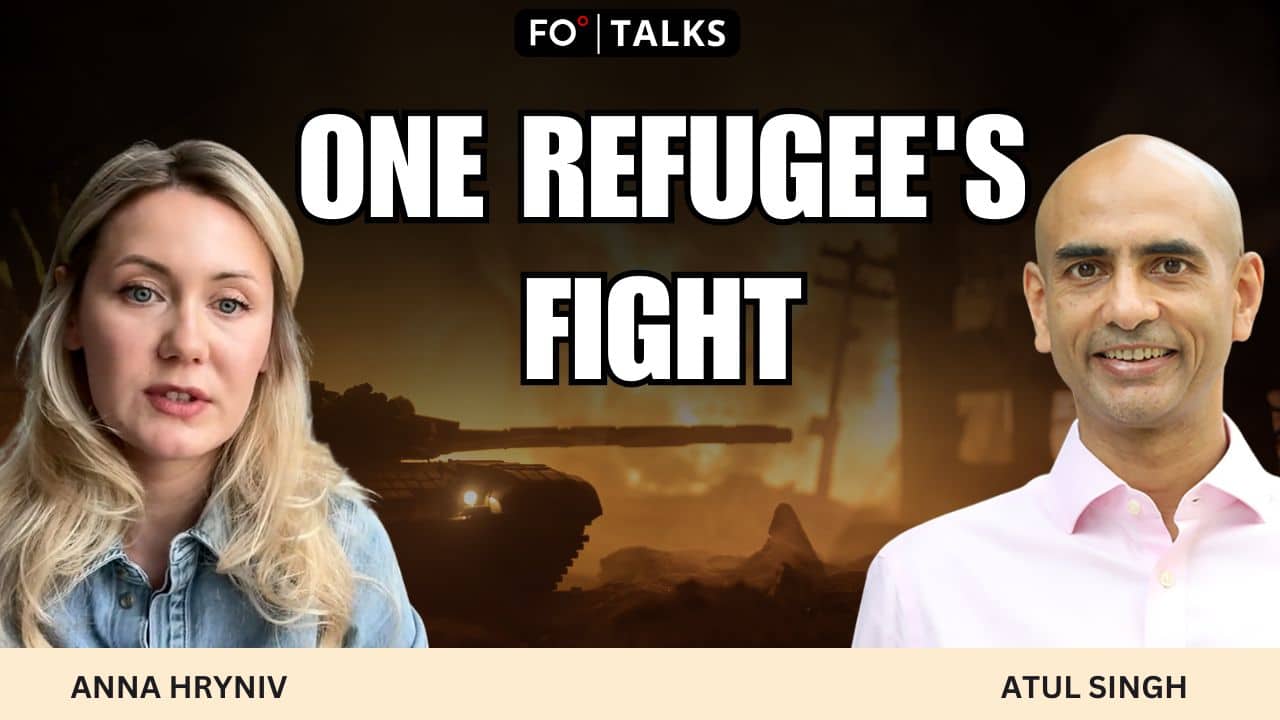On October 7, Israelis were celebrating Simchat Torah, a Jewish holiday that celebrates and marks the conclusion of the annual cycle of public Torah readings and the beginning of a new cycle. A music festival named "Supernova Sukkot Gathering'' was going on. This open-air psychedelic trance festival in the Negev Desert involved an all-night dance party that was ended tragically by explosions and gunfire.
About 1,500 Hamas militants flooded through the fenced and carefully guarded Gaza–Israel border. Once within Israel, these terrorists attacked civilians with extreme ferocity. Militants dragged young people away from the music festival to become hostages. Over a wide area in South Israel, they murdered, raped and mutilated their victims, even going to far as to behead infants.
The brutality of the attacks was not only an expression of rage, but also a political statement. Terrorists captured the violence on film to broadcast to Gazans and to the entire Islamic world a symbolic victory over the hated Jew, hoping to galvanize support against Israel and embarrass Arab governments that have been seeking a friendlier relationship with the Jewish state.
While the ground attack was going on, Hamas rocket attacks held the whole nation in terror. Israel, although much larger than minuscule Gaza, is not very large either as countries go. Given Gaza’s location on Israel’s southwestern flank, all Israeli territory is within the range of Hamas missiles. So, Hamas is able to threaten all of Israel despite its tiny territory. Air raid sirens went off across the country as citizens scrambled for safety in bomb shelters.
Israel could not let the atrocities and rocket attacks stand without an aggressive response. Outraged politicians declared their goal to be the total destruction of Hamas’s ability to rule and to wage war. Israel has mobilized a massive response, yet — in comparison to its expressions of anger — the attack seems restrained. The Israeli Defense Forces (IDF) have mostly carried out an artillery war, and a large-scale ground incursion has not come.
Even still, the counterattack has been bloody. The assault has killed over 5,000 Palestinians at the time of filming. We do not know how many of those were members of Hamas, but with only 30,000 fighters out of a population of 2.3 million civilians, the proportion of civilian casualties is likely to be quite high.
Israel’s declared goal is to destroy Hamas by capturing or killing its leadership and destroying its infrastructure, from buildings to tunnels. Many Hamas facilities, however, are located within Palestinian civilian facilities, like schools or hospitals. Hamas has consciously made it impossible for Israel to strike them without committing war crimes.
So how did we get here?
How did Israel come to have a hostile terrorist force controlling two million people right on its border?
Israel has a complicated relationship with Gaza. It captured this territory in 1967 from Egypt. In 2005, Israel decided to unilaterally dismantle 21 settlements in the Gaza Strip. The government pulled out Israeli settlers and IDF troops from the Gaza Strip. In the 2006 Palestinian Legislative Council elections, Hamas won in Gaza and continues to rule this territory since. Fatah runs the Palestinian Authority in the West Bank.
The Gaza Strip is 41 kilometers long and 10 kilometers wide. To its west is the Mediterranean Sea, to its north and east lies Israel and to its south is Egypt. Gaza’s 2.3 million depend on Israel for food, water, fuel, medical supplies and other items of daily existence.
Hamas emerged from the Muslim Brotherhood during the First Intifada, a violent uprising of Palestinians that began in December 1987 and lasted nearly six years. The Brotherhood itself has existed for a century. This Islamist political organization was founded in Egypt with the goals of opposing British, and later American, suzerainty in the Middle East.
Hams sees Israel as an imperialist occupation and a threat to the Arab world. Perhaps ironically, it borrowed from Western ideology itself, imbibing Russian antisemitism through reading the Protocols of the Elders of Zion, a hoax document which purports that Jews are plotting to take over the world and destroy civilization. Modern political Islam was also inspired and influenced by Nazis. In 1941, Haj Amin al-Husseini, the grand mufti of Jerusalem, fled to Germany and met with Adolf Hitler, Heinrich Himmler, Joachim Von Ribbentrop and other Nazi leaders. He wanted to persuade them to extend the Nazis’ anti-Jewish program to the Arab world. Hamas is a part of this tradition and aims not to dismantle the Israeli state but to eradicate the Jewish people. There can be no compromise or peace that would satisfy this ideology.
Israel tacitly and, at times, actively allowed Hamas to rise to power within Palestine. It hoped that Hamas would provide a useful counterbalance to Fatah, the party which led the Palestine Liberation Organization. This divide-and-conquer strategy backfired in the worst way. Now, the creature has gotten way out of its creator’s control. Hamas came to power in Gaza after the 2006 Palestinian legislative election, in which it won a majority. Since then, it has governed Gaza, transforming it into an intransigent, antisemitic terrorist state.
For years, Israeli Prime Minister Benjamin “Bibi” Netanyahu followed a containment strategy towards Hamas. He hoped that, in spite of Hamas’s stated antisemitism, they could at least be contained within Gaza, safely away from Israeli citizens. His calculation was that, if Israel isolated Hamas for long enough, it would eventually learn to come to terms with the status quo.
Now, Bibi has to play a delicate balancing game. The prime minister needs to avoid angering the Arab world as he seeks to normalize ties with his country’s neighbors. At the same time, Bibi needs to placate the far-right wing of his coalition, which wants to expand Jewish settlements within the West Bank in contravention of international law. Since settlements would not expand if Palestine became a sovereign state, Bibi isolated Gaza and split it from the West Bank. Thanks to Bibi, a two-state solution is near impossible. Instead, he has kept Hamas at bay by tightly controlling movement through the border checkpoints between Gaza and Israel.
The plan worked, until it didn’t. To many seasoned analysts including both the authors, a blowup was inevitable. No one, however, predicted the scale and horror of the eventual outcome.
So what happens now?
Gaza is one of the most densely populated portions of the world, and it is urbanized from top to bottom. This means that any invasion would not only be extremely difficult from a military perspective but would also inevitably result in appalling levels of civilian casualties. In any case, it is difficult to imagine Israel — which has not even nine and a half million citizens itself — could sustain an occupation for any great stretch of time. And it would need to do so in order to root out all elements of Hamas, let alone construct something which could replace it.
But it cannot simply continue the air war, either. Already, public services and essential resources are stretched beyond their capacity by the Israeli blockade. If Israel continues to strike Hamas targets from the sky, it will continue to degrade the civilian infrastructure of Gaza, precipitating a humanitarian crisis. This would cause heavy damage to support for Israel in the West. It would also create antipathy in Arab countries, upending the promising peace processes that have been making progress since 1973. The outrage on the Arab street might even precipitate a second Arab uprisings and a broader regional war.
In the light of the above, Israel must tread carefully. Furthermore, the country has to worry about its economy. The government has mobilized at least 300,000 men, representing 13% or more of the male labor force. A reduced workforce will inevitably lead to lower economic output. The 1973 Yom Kippur War was followed by recession in Israel and this war could inflict much economic pain as well.
Israel’s actions are putting Arab leaders in Egypt, Jordan and the Gulf states in a bind. They have sympathies for Gazans but no love lost for Hamas and the Muslim Brotherhood. As stated earlier, these leaders are afraid that Islamist movements could stoke revolution within their own borders.
Remember, Egypt was controlled by the Muslim Brotherhood until its 2013 coup d'état brought down the then president Mohamed Morsi, a member of the Brotherhood. This Islamic organization remains a large presence in Egypt. Hence, General Abdel Fattah el-Sisi’s regime has been especially keen to shut Hamas out. This is why Egypt, the only other country that shares a border with Gaza, has cooperated with Israel’s blockade.
The greatest potential for disruption comes not from the Sunni Arab states, but from Shia Iran and its co-religionist allies in the region. Although Hamas is a Sunni organization, Shia Iran has been its best friend. Iran is an Islamist theocracy and thus views Israel as its archenemy. It has allies close to Israeli territory, like Syria, controlled by the Alawite dictator Bashar al-Assad, and the militant Lebanese Shia group Hezbollah. Like Hamas, Hezbollah is based close to Israel’s borders and could launch rocket attacks across the country.
Qatar and Turkey, too, have supported Hamas by providing them funding and support. Most international aid does not go to the Palestinian people but is diverted toward building tunnels and buying weapons for Hamas. So, between the Israeli blockade and Hamas’s taking the lion’s share of resources, Gazans are left with precious little. Gazans are young, hopeless, destitute and angry. They are the perfect fodder for radicalization.
The Israel-Hamas conflict is not only important for Gaza, Israel, the Middle East but also the rest of the world. An extended conflict will drive more borrowing, increased interest rates and higher inflation. The conflict will increase exchange rate volatility, exposing export services businesses to potential currency exchange losses. It could very well tip an already beleaguered global economy into a slowdown.
NOTE: We have been publishing content on the Israel-Palestine issue for years. To make sense of it all, you can read Atul Singh’s 2012 piece on the history of this conflict and Professor Avi Shlaim’s interview on the cause of this conflict. To understand the state Israeli politics were in just before this attack, you can read this May 2023 piece by Gary Grappo, a former US ambassador in the Middle East. For more video content, you can also watch this FO° Exclusive discussion by Singh and Carle about Bibi’s deeply divisive judicial reforms as well as Singh’s conversation about the fallout of the present war with former Israeli peace negotiator Joseph Olmert.
[Anton Schauble wrote the first draft of this piece.]
The views expressed in this article/video are the author’s own and do not necessarily reflect Fair Observer’s editorial policy.







































Comment